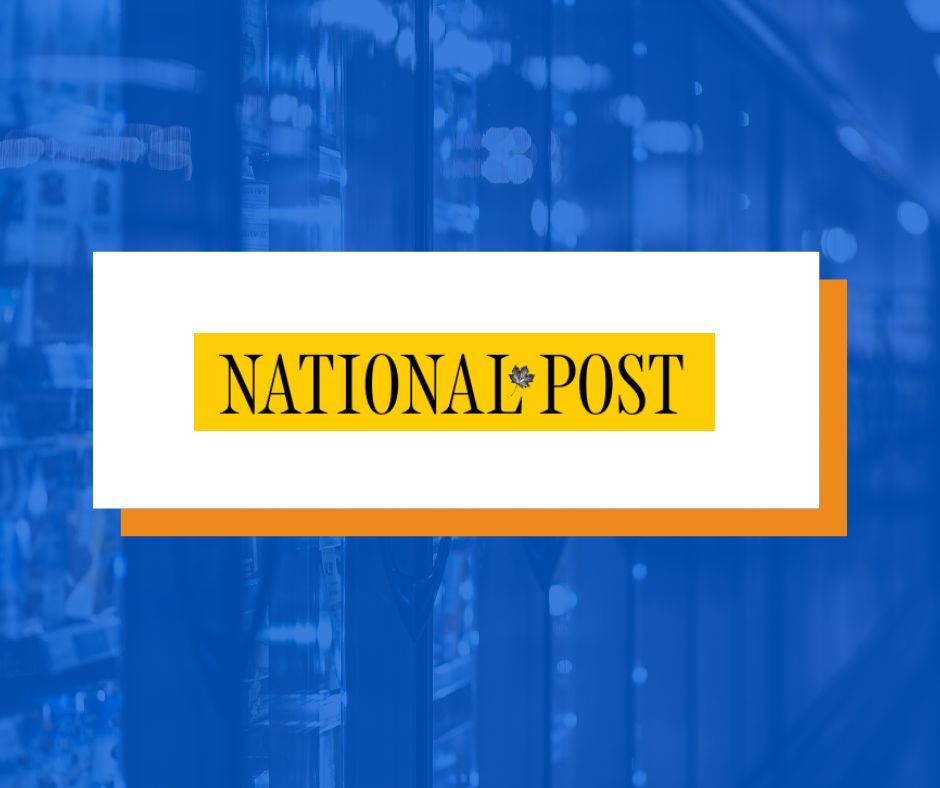
Tariffs are taxes paid for by a country’s own consumers In 1930, U.S. Congress passed the Smoot-Hawley Tariff Act, with the hopes of calming the great depression, and to raise more revenue for the federal government. To paraphrase the great...

A new report from Statistics Canada estimates that 15 percent of Canadian households experienced some sort of food insecurity in 2022. After relative stability from 2017-2021, the Canadian Community Health Survey reports that not only was the figure up in...

The Consumer Choice Center (CCC) is excited to announce that the CCC has been officially asked to participate in the Regulatory Reconciliation and Cooperation Table (RCT). The CCC is one of 17 stakeholders participating in the RCT. The RCT is...

In most circumstances, President Trump is wrong about trade, but he is right to call Canada’s supply management system a “disgrace.” Canada’s supply management system for chicken, turkey, eggs, and milk is a highly protectionist set of policies that insulate...
Free Trade For Us is a single-issue campaign produced by the Consumer Choice Center and supported by partners to raise awareness about the positive impact of free trade and to show policymakers all over the world that the millennial generation is united against tariffs, trade barriers, and retaliatory measures that only hurt consumers and workers.
© Copyright 2018 All Rights Reserved